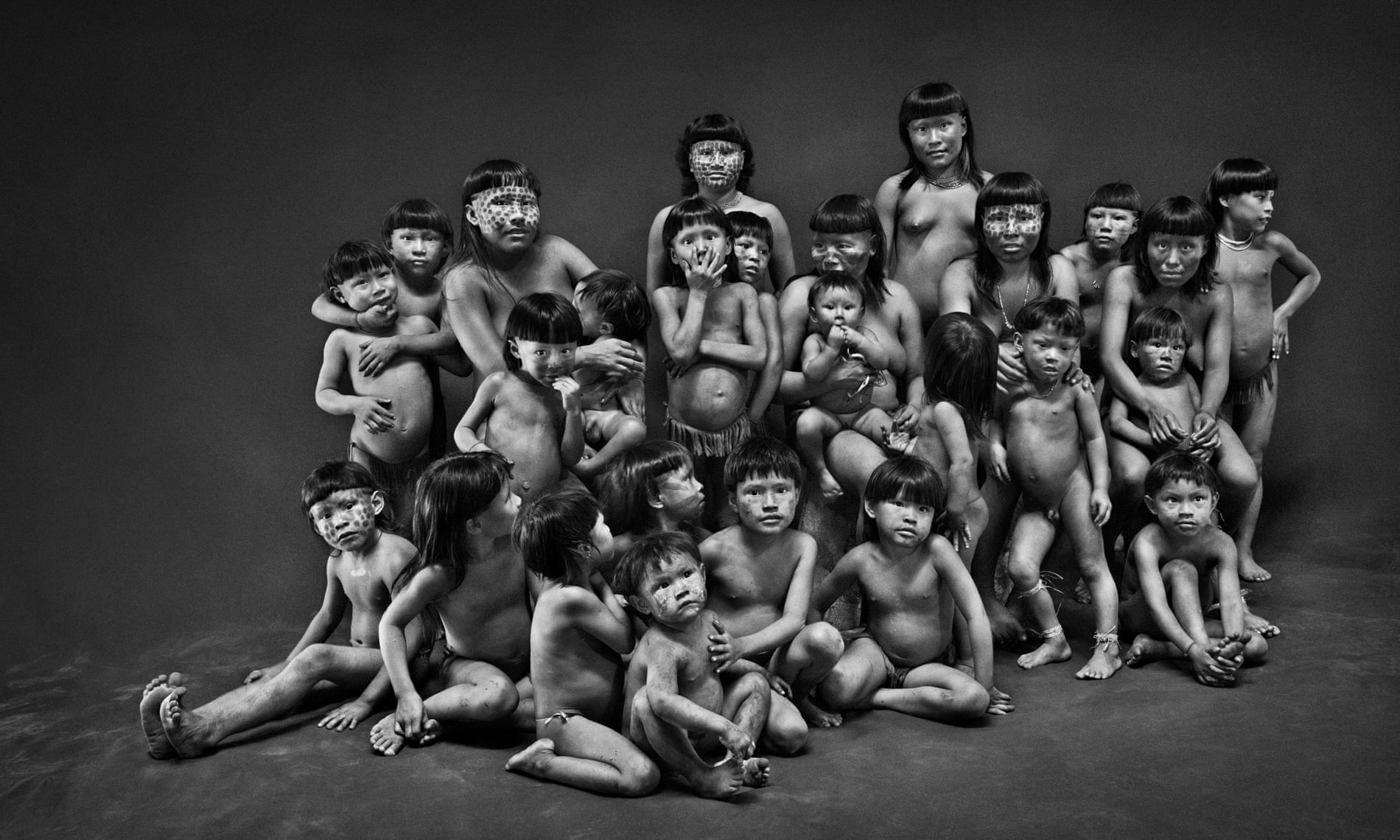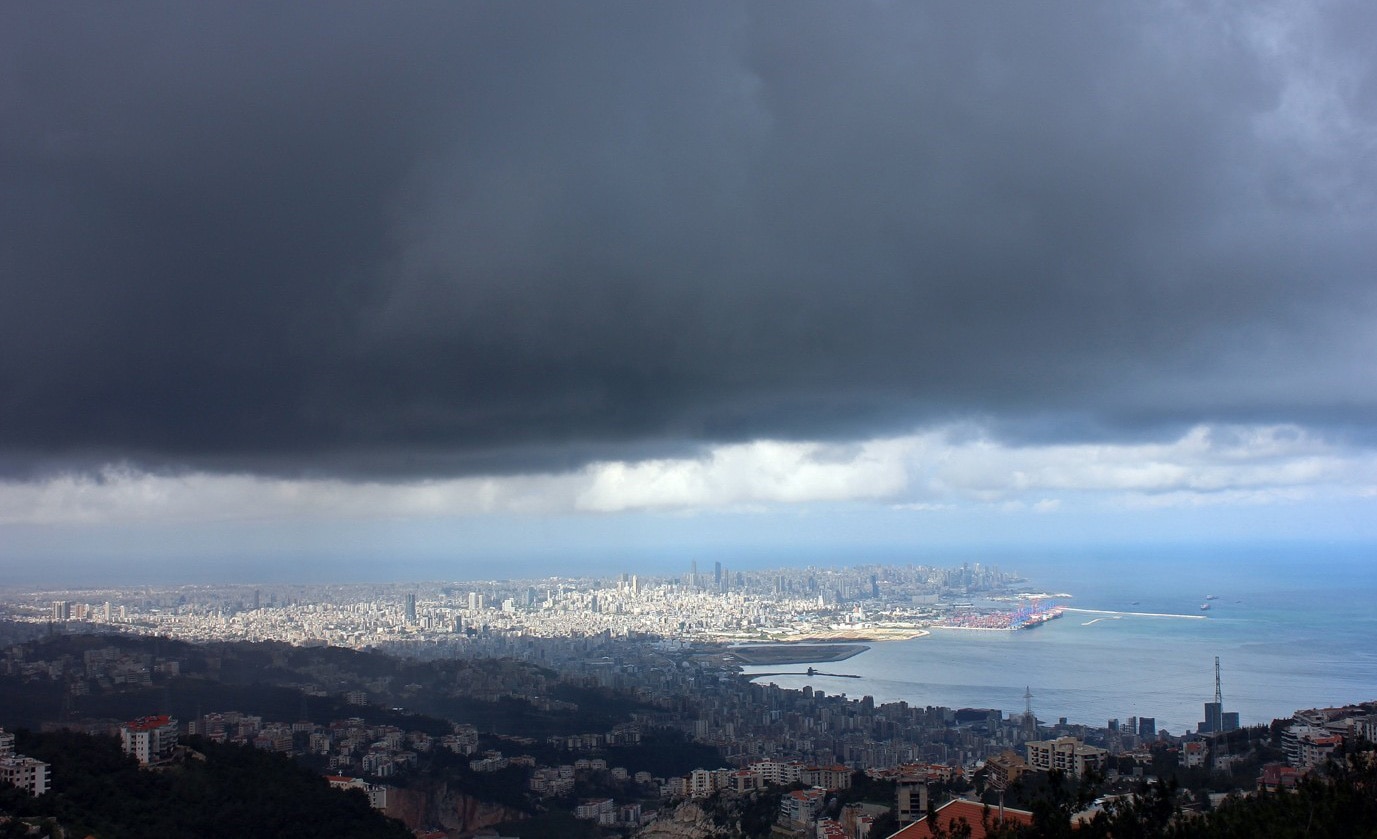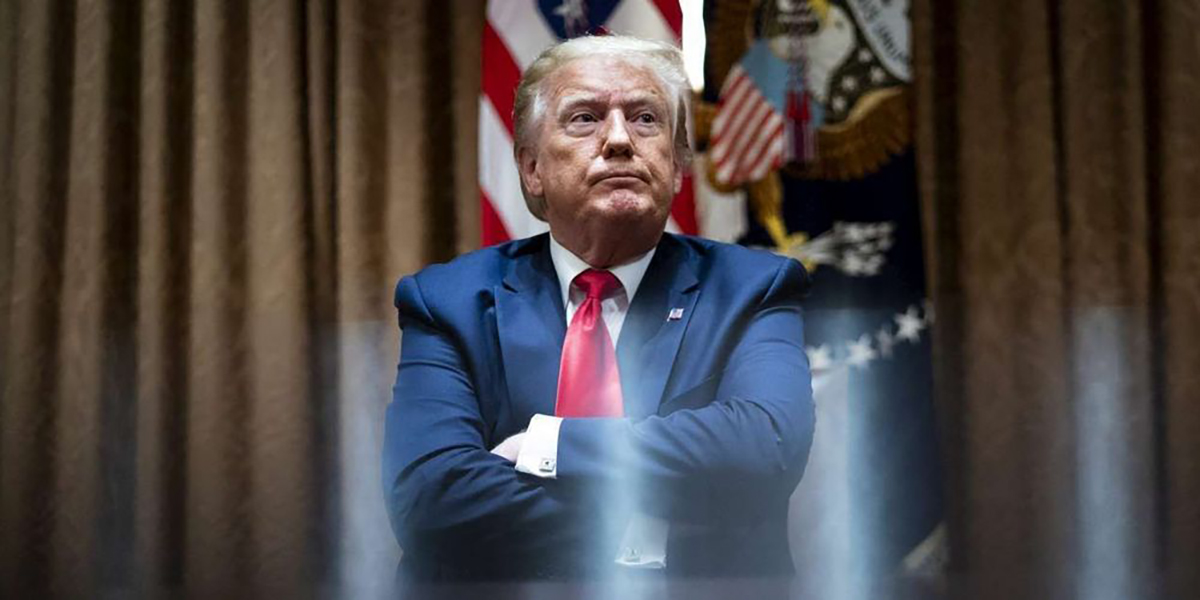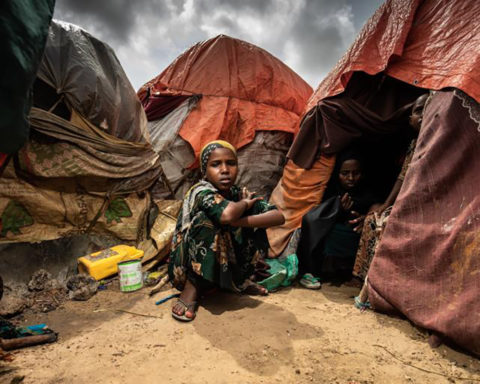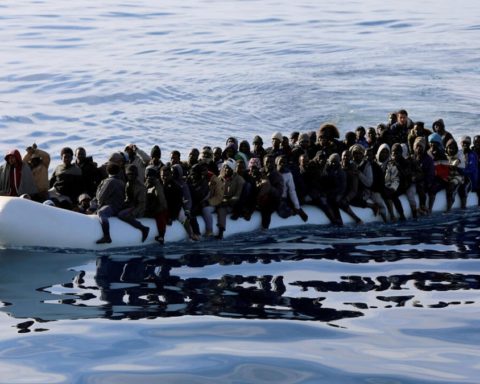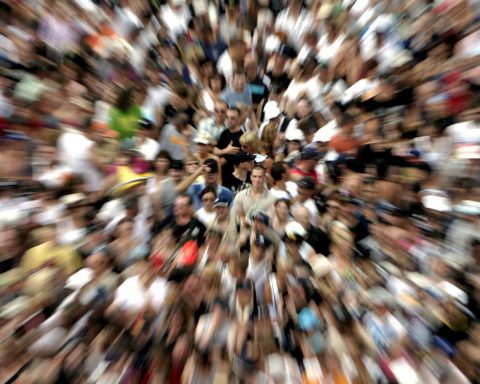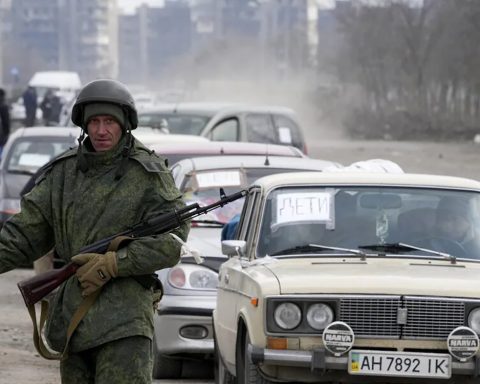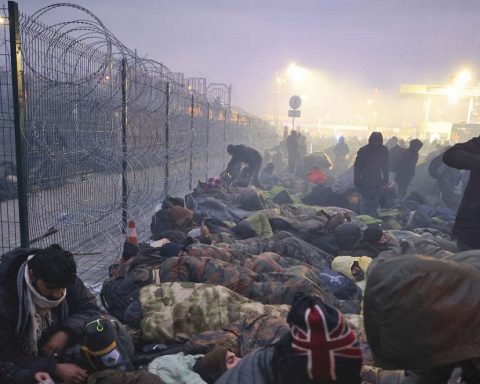Spread over 7 million square kilometres, an area twelve times the size of France, straddling nine countries, the Indians of the Amazon basin have been recording their coronavirus contaminations for just over a month. From one region to another, cases are multiplying and could take on catastrophic proportions. In an almost general indifference, a genocide is being played out.
Nemonte Nenquimo, is considered the "guardian of the forest". The woman, an indigenous Waorani leader from the Ecuadorian Amazon rainforest, has seen her family and Indian friends hastily return to their territory in an attempt to escape the threat of coronavirus in the region. Some travelled by car or bus, others took a charter plane or went upriver by boat, in the heart of the rainforest where there are no roads. Nenquimo, meanwhile, stayed in Shell town, saying she had travelled too much, talked to too many people and kissed too many cheeks in the last few weeks. It would be too risky to go back to her community now; if she were a silent carrier of COVID-19, it could be devastating for the indigenous population of this area.
An extermination of the indigenous population of the Amazon basin.The Confederation of Indigenous Nationalities of the Ecuadorian Amazon (Confeniae) has closed all access to the rainforest, denying entry to tourists and Ecuadorian nationals. It has also demanded that all oil, mining, hydroelectric and forestry companies operating in the rainforest stop rotating their staff and bringing people in from the cities, and suspend all activities near the communities.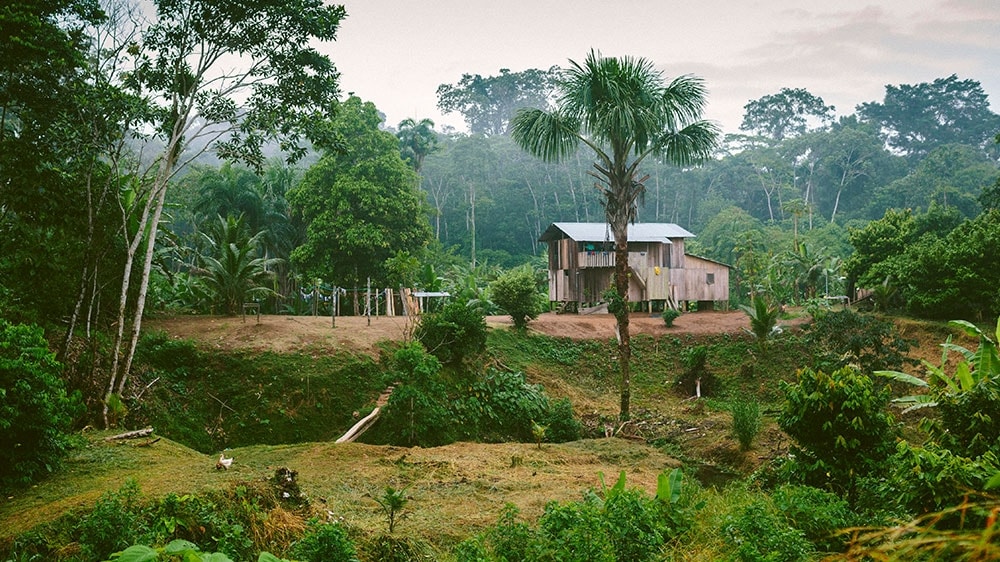
If the contagion reaches the indigenous territory, " it would be an extermination of the indigenous population of the Amazon basin...« explains the president of the Confeniaie, Merlon Vargas. This would include the 11 nationalities, or more than 500,000 indigenous people, currently living in the Ecuadorian Amazon, he adds.
state of emergency
The indigenous population is increasingly concerned after the confirmation of several cases of coronavirus in the Amazon region. The first reported case was in the northern province of Succumbios. A tourist travelling to the Cuyabeno nature reserve tested positive for COVID-19. The other was identified in the southern province of Morona Santiago, where a resident of the city of Gualaquiza contracted the virus after his partner returned from Spain. Both patients were immediately quarantined, but the number of cases in the two provinces has since increased to six each.
Currently, there are more than 31,000 confirmed cases of VID19 in Ecuador as of May 5. 1,569 people have died as a result of the virus. The vast majority of cases are in the coastal province of Guayas, where the country's largest city, Guayaquil, is located.
In mid-March, the Ecuadorian government declared a state of national emergency, ordering everyone to stay at home unless they buy food, medicine or go to work. Those who violate this order are liable to a fine of up to $6,000 or three years in prison. The Government has also closed the borders, cancelled all incoming and outgoing international flights, banned domestic travel and instituted a strict curfew at 2 p.m. throughout the country.
Confeniae has translated these regulations and other preventive measures into various indigenous languages. The social media hashtag #StayAtHome, has also been translated into Kichwa and Shuar, #WasipiSakiri and #JeminPujusta respectively, to reach as many people as possible.
90 % of the indigenous population of the Americas was wiped out by influenza and measles, among other diseases, brought by Europeans.According to Vargas, communities are understandably nervous, and he recalls past illnesses such as yellow fever, cholera and the H1N1 virus that have caused similar alarm. Some estimate that in the early 17th century, up to 90 % of the indigenous population of the Americas was wiped out by influenza and measles, among other diseases, brought by Europeans.Erika Arteaga Cruz, a global and community health specialist with the Latin American Association of Social Medicine (Alames) and the People's Health Movement, says there is no evidence that indigenous communities are more exposed to the COVID-19 virus than the rest of the population, since everyone is simultaneously exposed to it for the first time. But their social conditions make them more vulnerable to contagion.
Impracticable barrier gestures
Amazonians are often not familiar with the use of soap, hand sanitizer or clean water in some areas, but the greatest risk is their remoteness and lack of access to hospitals, doctors and medicines," explains Erika Arteaga.
In the case of Nenquimo, the closest hospital to her community of Nemonpare is in the Amazonian town of Puyo, which is at least 30 minutes by charter plane, or eight hours drive downstream from the nearest port.
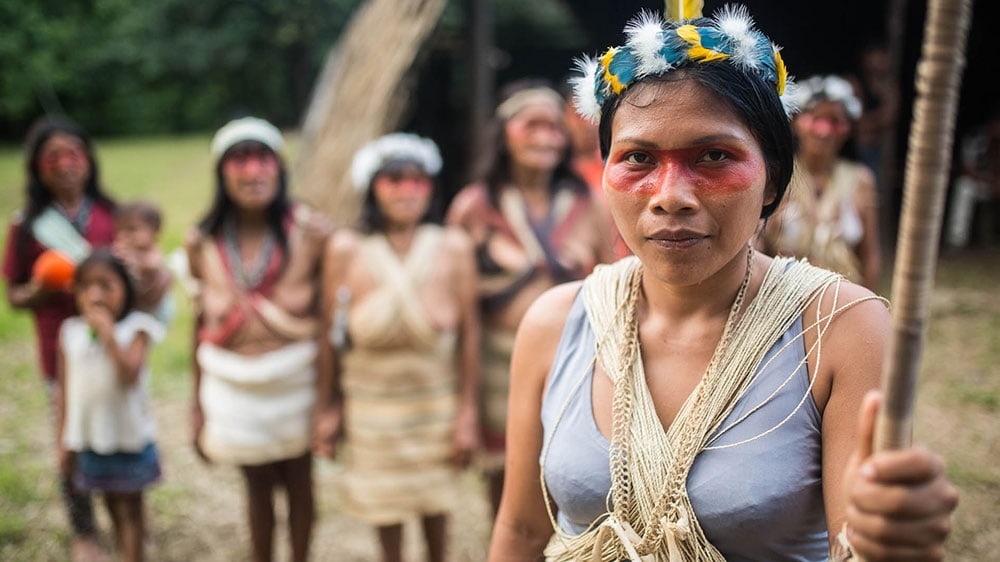
Andres Guncay, an epidemiologist responsible for public health surveillance in the provinces of Morona Santiago, Canar and Azuay, says that indigenous communities are more exposed to the coronavirus because many of them suffer from malnutrition. « It could compromise their immune system and their ability to fight off the virus if they get it. ".
Nemonte Nenquimo expresses great concern about the elderly populations, also known as "pikenanis" in Waorani, who are extremely important to the community and the maintenance of their culture. « It is a virus that is killing older people around the world, and that worries me. For us, our elders are the wise men, the authorities, those who guide us...« she confided.
But Andres Guncay believes that if COVID-19 gets into the community, the risk would be " much worse« . Many live in the humid jungle, in open houses without walls, or share a room with the whole family, making social distancing almost impossible, and the spread would be difficult to contain.
Especially since strict home support measures will be difficult for some. Heavy rains have caused several rivers in the central Amazon to overflow their banks, washing away houses, community crops, drinking water systems and solar panels from the Kichwa indigenous territories of Sarayaku and Papayaku and surrounding communities.
We are on the eve of genocide...
If people don't change their habits of destroying and exploiting nature, more serious floods, diseases and pandemics are bound to occur, says Merlon Vargas. »It's time to think and act...« he adds.
Nenquimo agrees. For centuries, the indigenous people have lived well in the rainforest, protected nature and stayed healthy, and it's time for people to start listening to their struggle," she says. « We have been the fighters and the protectors of nature, but people continue to take advantage of it and want to destroy it. That's where disease comes from, that's where climate change comes from. " She added: " I'm very worried; I see the world is not waking up"
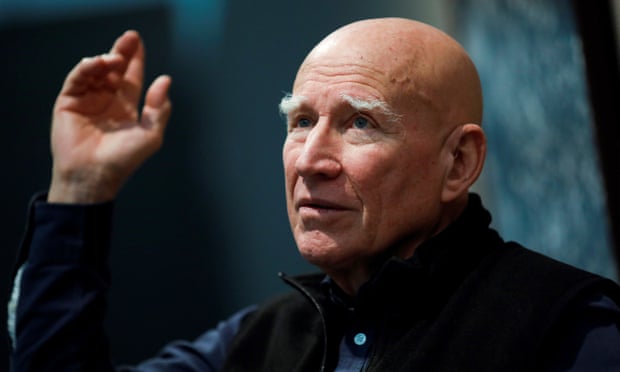
" We are on the eve of genocide...« states to the Guardian Sebastião Salgado, the world-renowned photographer who spent nearly four decades in document the Amazon and its people.
" Five centuries ago, these ethnic groups were decimated by the diseases brought by European settlers... Now, with this new scourge that is rapidly spreading in Brazil... [they] could disappear completely since they have no means of fighting Covid-19...« wrote the photojournalist in a open letter. Surrounded by well-known artists and personalities, he calls on populist President Jair Bolsonaro to declare that intruders, including gold diggers and illegal loggers, be immediately evicted from indigenous lands to prevent them from importing the disease.
Nothing protects indigenous peoples from the risk of genocide " There is no protection for indigenous peoples from the risk of genocide caused by infection introduced by foreigners who enter their lands illegally.« said the signatories of the open letter. They warn that the 300,000 indigenous people of the Brazilian Amazon risk being simply wiped out.
"In some of the villages I knew, measles killed 50% of the population. If Covid did the same thing, it would be a massacre," worries Carlo Zaquini, an Italian missionary who has spent decades working with the Yanomami. The Brazilian city most affected by the coronavirus so far is Manaus, the capital of the Amazonas, the state where part of the Yanomami reserve is located.
Sebastião Salgado - who is calling for the creation of an army-led task force to expel intruders from the protected areas - admitted that Bolsonaro would not act voluntarily. But he believes that the international pressure could force the government to do so, as happened last year when global outrage led to the deployment of the army to put out fires in the Amazon. « In the Brazilian Amazon alone, we have 103 indigenous groups that have never been contacted - they represent the prehistory of mankind.« said the photographer. « We can't allow this to go away."
Sources : Report by Kimberley Brown for Al Jazeera News, The Guardian / UP's editorial partnership with Covering Climate Now
Header image: Members of the Suruwaha tribe of Amazonia. Photo: © Sebastião Salgado

